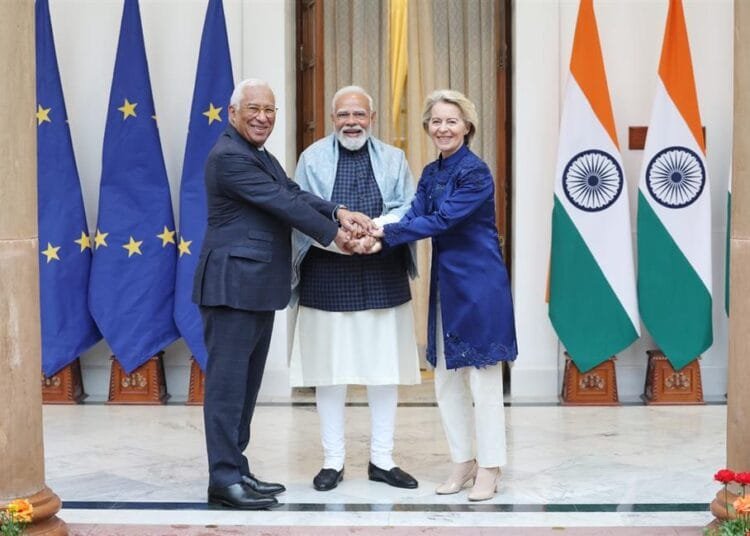Minister wants increase in financing for RD&D over 5 years
India is seeking greater international collaboration for its “Innovation Roadmap of the Mission Integrated Biorefineries” that has been developed by co-leads and with active inputs from Brazil, Canada, EC and the UK.
The Mission was launched at the Global Clean Energy Action Forum-2022 in Pittsburgh on 23 Sept 2022.
“The Mission aims at greater international collaboration and the need for increased financing for Energy Research, Development and Demonstration (RD&D) during the next five years to kickstart this objective and unleash a virtuous cycle of public and private investment,” said Dr Jitendra Singh, who is leading a high-level Joint Indian Ministerial Delegation of Ministry of Power, New & Renewable Energy and Ministry of Science & Technology at Global Clean Energy Action Forum at Pittsburgh.
“Innovation Roadmap of the Mission Integrated Biorefineries aims to fill the void by identifying gaps and challenges in current biorefining value chains. Eight key actions are prioritized to support the Mission and guide overall path in achieving its goal,” he elaborated.
“It also provides policymakers with a strategy framework to establish a rising RD&D portfolio over the next five years, specific financing proposals across the entire spectrum of vital Biorefinery technologies and rapid action suggestions,” he said.
Dr Jitendra Singh addressed the 1st Roundtable on “Sustainable Bioenergy and Bio-refineries” at the Global Clean Energy Action Forum – the joint convening of 7th Mission Innovation and 13th Clean Energy Ministerial-2022.
He informed the delegates that India is continually working towards transforming the energy landscape with significant clean energy share.
By 2030, India aims to reach 500-Gigawatt non-fossil energy capacity, shift 50% of energy requirements to renewable energy, lower overall anticipated carbon emissions by one billion tons, reduce carbon intensity of the economy by 45% over 2005 levels, and achieve net zero emissions by 2070.
Dr Jitendra Singh pointed out that a pilot plant of 10 tons/day capacity plant with integrated enzyme production is being set up at Panipat, which will be commissioned by December 2022.
This will be the 1st indigenous technology for on-site enzyme production, and is part of the developments for the net zero emission target.
The Indian Oil Corporation Limited (IOCL) is to supply indigenous enzyme to commercial 2G ethanol plant of 100 KL/day. It is expected to be commissioned by Q2 of 2024.
Further, lignin valorization process is also being developed to produce value added products from waste lignin.
He said, “It’s successful demonstration will give an indigenous technology to the nation and will contribute to Self-Reliant India and help reduce carbon foot print from transport sector.”
Dr Jitendra Singh underlined that sustainable biofuels play key role to reduce Green House Gas (GHG) emissions from the transport sector.
“India, through the Department of Biotechnology, has been supporting R&D innovations in Advanced Biofuels and Waste to Energy technologies.”
He also informed delegates that India has established 5 Bioenergy Centers, where interdisciplinary team is working on advance sustainable biofuels using modern biotechnology tools.
When India hosted the MI Annual Gathering in New Delhi recently, the Mission Integrated Biorefineries was launched with co-leads from the Netherlands, uniting key members, international organisations, the corporate sector, academic institutions and civil society to accelerate innovation for renewable fuels, chemicals and materials for a low-carbon future, he said. fiinews.com










